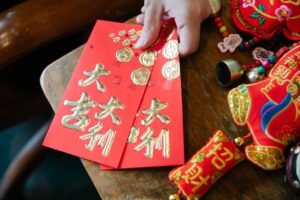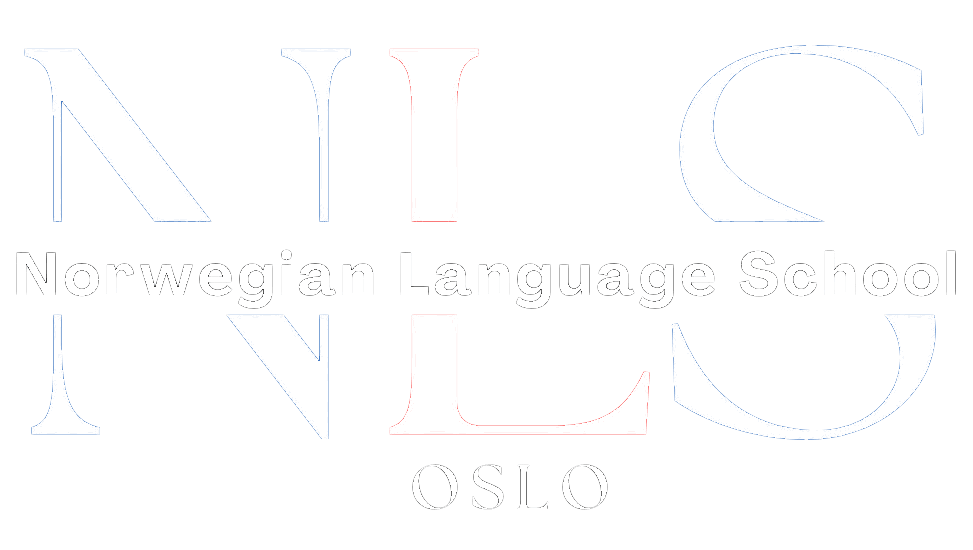
Exploring the Power of Norse Goddesses in Myth
Have you ever wondered about the female deities that shaped the ancient Norse gods and their mythology? Norse goddesses hold a fascinating place in the tales of old, commanding power, wisdom, and influencing the lives of the Vikings and their descendants. But just how significant were these goddesses in shaping Norse mythology and the beliefs of the ancient Norse people?
In this article, we will take you on a journey into the captivating world of Norse goddesses, unraveling their stories, and understanding their profound impact. From the enigmatic Freya, the goddess of love and war, to the all-knowing Frigg, queen of the Aesir, we will explore the depths of their power and the legacy they left behind.
Join us as we delve into the rich tapestry of Norse mythology, brimming with powerful female deities that continue to inspire and intrigue us to this very day.
Table of Contents
ToggleKey Takeaways:
- Explore the significant role of Norse goddesses in shaping mythology
- Uncover the multifaceted persona of Freya, the goddess of love and war
- Discover the wisdom and influence of Frigg, the queen of the Aesir
- Learn about other influential Norse goddesses in Scandinavian folklore
- Reflect on the enduring legacy of these pagan goddesses in contemporary culture
Unveiling the Enigmatic Freya: The Goddess of Love and War
Freya, one of the prominent Norse goddesses, captivates with her multifaceted persona and far-reaching influence. As the goddess of love and war, she embodies both gentle passion and fierce strength. Her divine essence encompasses fertility, beauty, and magical abilities that transcend mortal comprehension.
Freyja’s associations with love and desire are prominent in Norse mythology. She embraces romance and sensuality, symbolizing the embodiment of ecstatic love. Freyja’s enchanting allure draws out the deepest desires of the heart, guiding lovers on their passionate journeys.
Freya’s magical abilities played a pivotal role in shaping the Scandinavian folklore and pagan beliefs. Her immense powers and wisdom were sought by gods and mortals alike.
However, Freya is not limited to pursuits of love alone. Her fierce aspect as a goddess of war brings courage and strategic prowess to the battlefield. Warriors invoked her name in hopes of victory, relying on her divine intervention to guide them to triumph.
Scandinavian folklore reveres Freya as an incredibly influential figure. Her presence infuses art, literature, and collective imagination, resonating with the contemporary understanding of female empowerment and resilience. As a pagan goddess, she continues to inspire and fascinate individuals seeking a deeper connection with their ancestral roots.
The All-Knowing Frigg: Queen of the Aesir
Frigg, the queen of the Aesir and wife of Odin, holds a captivating place in Norse mythology. Known as the goddess of marriage, motherhood, and wisdom, Frigg’s influence extended far beyond the realms of myth and into the daily lives of the Norse people.
As the goddess of marriage, Frigg ensured the sanctity and stability of unions, as well as the prosperity of families. Her role as the mother of the gods further emphasized her nurturing nature and her deep connection to the well-being of humankind.
“Frigg was revered for her wisdom and foresight, which she shared with her husband Odin. She possessed the unique ability to see into the future, making her a vital figure in matters of fate and prophecy.”
Frigg’s wisdom and knowledge were invaluable to both gods and mortals, often guiding them in making important decisions. Her relationship with fate and prophecy further solidified her status as one of the most influential mythological goddesses in Norse mythology.
Beyond her mythological significance, Frigg’s name has permeated throughout history, becoming synonymous with motherhood, wisdom, and maternal love. Even in modern times, the name Frigg continues to be used as a representation of maternal strength and divine guidance.
| Goddess | Domain |
|---|---|
| Frigg | Marriage, Motherhood, Wisdom, Fate, Prophecy |
The Influential Norse Goddesses in Scandinavian Folklore
Scandinavian folklore is rich with captivating stories of powerful Norse goddesses who left an indelible mark on cultural traditions and beliefs. These female deities played vital roles, shaping the mythological landscape of the region and captivating the imaginations of generations.
One prominent figure in Scandinavian folklore is Skadi, the goddess associated with winter, hunting, and mountains. With her fierce determination and independence, Skadi is a symbol of strength and endurance. Her presence echoes in the frigid landscapes of the North, where her myth continues to inspire awe and reverence.
Freyja, the goddess of love, beauty, and fertility, also holds a significant place in Scandinavian folklore. Known for her enchanting allure and magical abilities, Freyja captivated hearts and ensured bounty in all aspects of life. Her influence is felt in the vibrant celebrations of love and beauty that still thrive in Scandinavian culture.
“Scandinavian folklore is enriched with tales of powerful Norse goddesses, each possessing distinctive attributes and captivating mythology.”
Another notable goddess is Sif, the wife of the mighty Thor. As the goddess of fertility and agriculture, Sif symbolizes the fruitful lands and abundance that sustains the Norse people. Her golden hair represents the golden fields and the promise of a prosperous harvest, making her an essential figure in the agricultural traditions of the region.
The list of influential Norse goddesses in Scandinavian folklore is extensive, with each deity leaving her unique mark on the cultural tapestry. From the wise and mysterious Idun, the guardian of immortality, to the alluring and powerful Ran, the goddess of the sea, these female deities commanded respect and invoked wonder in the hearts of those who worshipped them.
The Collective Power of Norse Goddesses
The collective influence of these Norse goddesses cannot be overstated. They embodied the fierce, compassionate, and awe-inspiring aspects of femininity, serving as role models for women and men alike. Their presence in Scandinavian folklore not only shaped the myths of the past but continues to impact contemporary culture, inspiring creativity, and nurturing a deeper connection with nature and the divine.
It is through the stories of these powerful female deities that we gain insight into the values, beliefs, and traditions of the Norse people. Their enduring legacy reminds us of the importance of honoring and embracing the feminine divine and the wealth of wisdom and power that lies within.
Conclusion
As we come to the end of our exploration into the captivating world of Norse goddesses, we are left in awe of their enduring legacy and significance. These pagan goddesses have left an indelible mark on both ancient Norse mythology and contemporary culture.
Norse goddesses such as Freya and Frigg embodied the power and complexity of female deities. They represented love, war, marriage, motherhood, wisdom, and so much more. Their stories have influenced Scandinavian folklore, shaping the beliefs and traditions of the Norse people.
Even today, the allure of Norse mythology and the vibrant presence of these pagan goddesses continue to captivate our imaginations. Their stories resonate with our shared human experience and remind us of the rich tapestry of ancient beliefs that have shaped our modern world.
So let us embrace the legacy of these extraordinary Norse goddesses, honoring their strength and wisdom. Let us cherish the myths that have been passed down through generations, and find inspiration in the tales of these powerful pagan goddesses.
FAQ
What is Norse mythology?
Who are the Norse goddesses?
Who is Freya in Norse mythology?
What is Frigg’s role in Norse mythology?
How do the Norse goddesses influence Scandinavian folklore?

Norwegian A1-A2
Course Overview The Norwegian A1-A2 course is an online program focused on teaching essential Norwegian grammar and vocabulary. It includes a variety of materials and topics, with opportunities to interact with a Norwegian teacher entirely online. Curriculum Highlights The course covers key areas such as grammar and vocabulary and topics such as family, daily life, education, work, traditions, and leisure activities. Who Should Enroll? This course is perfect for beginners or those at the A1 or A2 levels who want to improve their Norwegian skills. What You Get Access to the full Norwegian A1-A2 course. A monthly 1-hour online conversation with a teacher. Many written and oral assignments. Comprehensive information on Norwegian grammar, Norwegian vocabulary and how to use them, important sentence structures, etc. Tips on additional resources to further enhance your Norwegian learning.
0 students enrolled
Last updated Dec 10th, 2024
If you want to learn Norwegian, you can register for classes here. We look forward to hearing from you and helping you become fluent in Norwegian.






